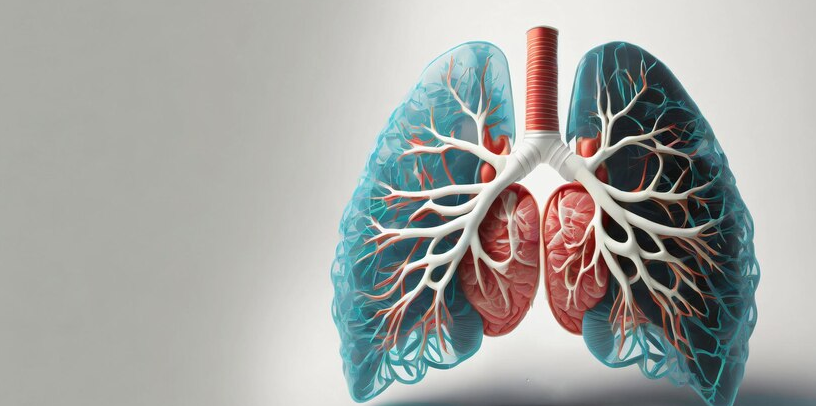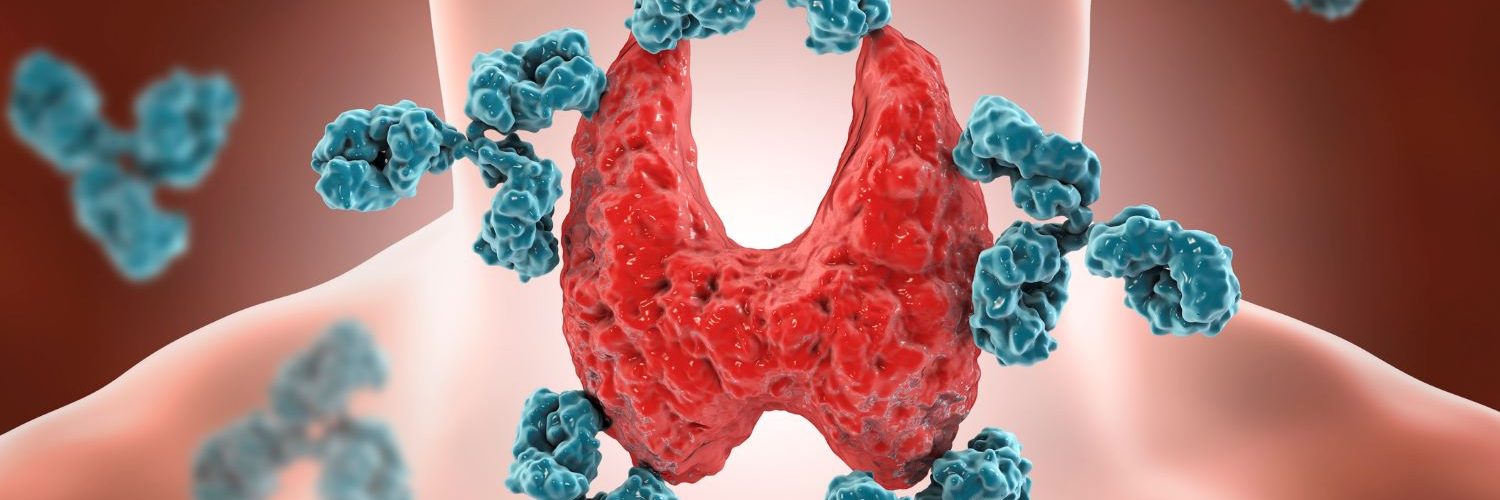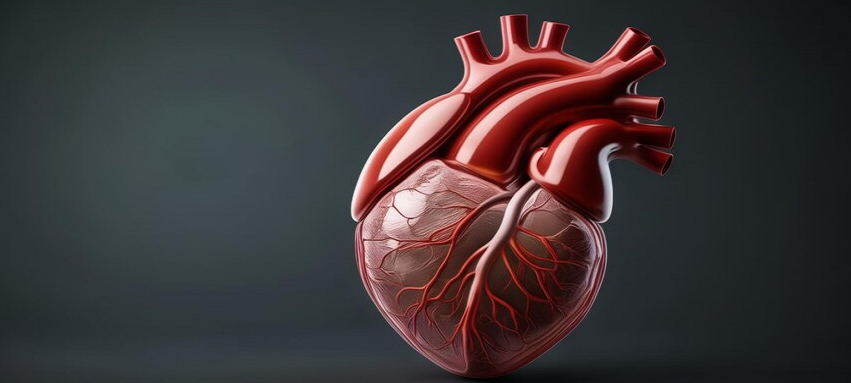Photo Credit: Dr._Microbe
The following is a summary of “Impact of preoperative nutritional status on postoperative outcomes: an insight from Geriatric Nutritional Risk Index in elderly pancreaticoduodenectomy patients,” published in the April 2024 issue of Surgery by Hou, et al.
Malnutrition remains a prevalent concern among elderly individuals undergoing pancreatoduodenectomy (PD), often leading to heightened postoperative complications. While previous studies have underscored the prognostic utility of the Geriatric Nutritional Risk Index (GNRI) across diverse populations, its specific role in predicting outcomes following PD still needs to be explored. Thus, this retrospective analysis sought to elucidate the impact of preoperative malnutrition, as assessed by GNRI, on postoperative outcomes among elderly PD patients.
Drawing from a cohort of 144 elderly patients who underwent PD for periampullary tumors between November 2016 and December 2021, participants were stratified based on their GNRI values into three categories: high/moderate nutrition risk (GNRI ≤ 92, N = 54), low nutrition risk (92 < GNRI ≤ 98, N = 35), and no nutrition risk (GNRI > 98, N = 55). Comparative analyses were conducted across these groups’ perioperative outcomes and postoperative surgical complications. Notably, patients in the high/moderate risk group exhibited advanced age, lower BMI, elevated mortality rates (11.1%), prolonged postoperative length of stay (PLOS), and a heightened incidence of grade IIIB complications. Univariate and multivariate analyses further confirmed the association between the high/moderate risk GNRI group and increased major postoperative complications, alongside augmented age and operative duration exceeding 8 hours. The high/moderate risk GNRI group emerged as a significant predictor for prolonged PLOS.
In conclusion, preoperative assessment of GNRI holds promise as a predictive tool for identifying high-risk elderly patients and monitoring their nutritional status preoperatively to optimize postoperative surgical outcomes following PD. These findings underscore the imperative of proactive nutritional interventions in elderly PD patients to mitigate the risk of complications and enhance overall surgical recovery.
Source: bmcsurg.biomedcentral.com/articles/10.1186/s12893-024-02397-0
















